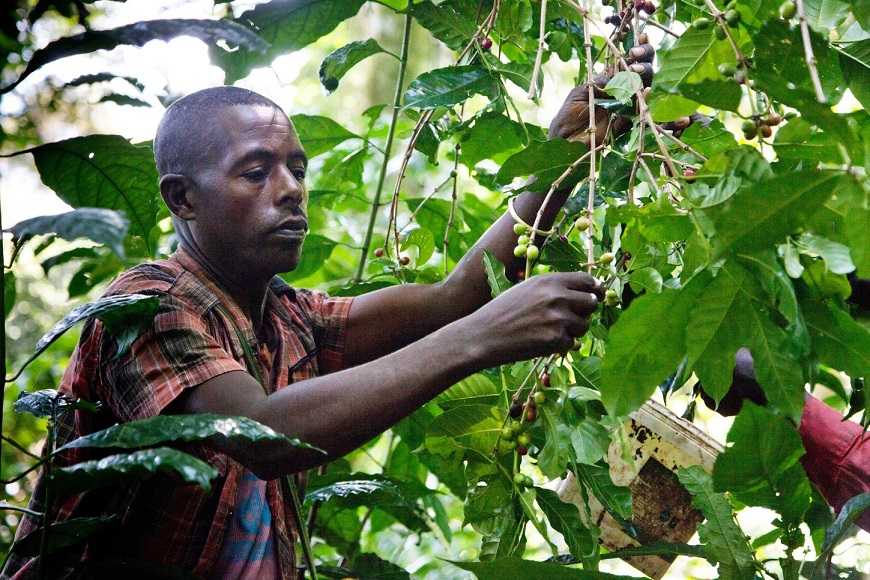LONDON, UK – The UK has signalled its global leadership and commitment to tackling the Illegal Wildlife Trade with a landmark announcement of UK aid money to draw last week’s conference to a close.
The International Development Secretary has committed £35 million of UK aid to protecting critical forest habitats and species threatened by extinction, including the chimpanzee, gorilla, orangutan and tiger.
The further package comes after a week of eye-catching commitments from DFID (Department for International Development), which has pledged to tackle the scourges of the Illegal Wildlife Trade, deforestation and wildlife extinction while supporting the world’s poorest communities to thrive.
International Development Secretary, Penny Mordaunt said:
“Around the world 1.2 billion people rely on forests and natural habitats for their livelihoods. For the thousands of such communities, which benefit from industries like tourism, protecting the natural environment is a crucial development issue.
“UK aid-backed projects happening right now across the world, such as those we can announce today, are leading the global fight to protect the natural environment that we all love so much.
“We owe it to future generations to work together to end wildlife crime, to protect essential forest habitats and to bring the world’s poorest communities out of poverty.”
Through UK aid, the UK is driving new, sustainable approaches in some of the world’s richest natural environments and most beautiful areas, which both protect the environment and provide quality, sustainable jobs to local communities.
Today’s announcement echoes the International Development Secretary’s comments earlier this week, when she encouraged the private sector to “lean in” and support the UN’s Sustainable Development Goals.
The fresh funding will secure the support of leading businesses and investors to back environmentally friendly business practices, which protect wildlife habitats and do not cause deforestation.
In Ethiopia, DFID’s support is helping to develop sustainably produced wild forest coffee, with potential to double the incomes for up to 23,000 farmers. Ethiopia’s wild coffee region is the range of the endemic and endangered Ethiopian wolf, Nyala antelope and African lions.
Projects like these are illustrative of the ‘win-win’ approach championed by DFID, encouraging sustainable livelihoods whilst conserving some of the world’s iconic and endangered species, which benefits us all.















